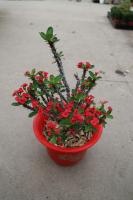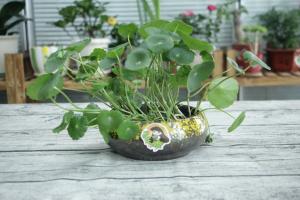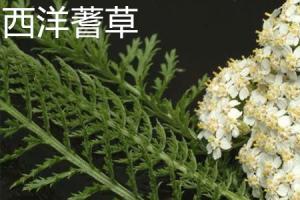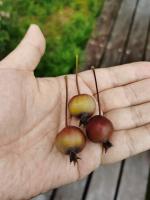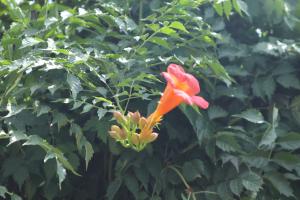Is Algae Water from Bird Baths Safe for Plants?
Bird baths are a great way to attract birds to your garden, but over time, the water can become infested with algae. While some gardeners use algae water to fertilize their plants, others wonder whether this is a safe and effective method. In this article, we'll explore whether algae water from bird baths is safe for plants.
What is Algae Water?
Algae water is essentially water that has been infested with algae. Algae are single-cell organisms that thrive in water. They grow in stagnant or slow-moving water, and their growth is often triggered by sunlight, warmth, and nutrients such as nitrogen and phosphorus.
What are the Benefits of Algae Water?
Some gardeners believe that algae water from bird baths can be used to fertilize plants. This is because algae are rich in nutrients, such as nitrogen and phosphorus, which are essential for plant growth. Additionally, algae water is free and readily available, making it an attractive alternative to commercial fertilizers.
Is Algae Water Safe for Plants?
While algae water may be rich in nutrients, it can also contain harmful toxins that can be harmful to plants. These toxins are produced by certain types of algae, such as blue-green algae, which can produce toxins that can harm plants, animals, and humans.
Additionally, algae water can be acidic, which can also be harmful to plants. Acidic water can damage plant roots and inhibit plant growth, making it important to test the pH levels of any water used to water plants.
How to Use Algae Water Safely
If you want to use algae water from bird baths to fertilize your plants, it's important to take precautions to ensure it's safe for your plants. Here are a few tips:
Test the water for toxins: You can purchase water test kits at your local gardening store or online to test the water for toxins. If the water tests positive for toxins, do not use it on your plants.
Check the pH levels: Algae water can be acidic, so it's important to test the pH levels. Ideally, the pH level should be around 6.5 to 7.5. If the pH level is too low, add some limestone to the water to raise the pH level.
Dilute the water: To reduce the concentration of any harmful substances in the water, dilute it with fresh water before using it on your plants.
Conclusion
While algae water can be a rich source of nutrients for plants, it's important to use it safely. Testing the water for toxins and checking the pH levels are important steps to ensure that the water is safe for your plants. With a little caution, you can use algae water from bird baths to fertilize your plants and enjoy a more vibrant and healthy garden.

 how many times do yo...
how many times do yo... how many planted tre...
how many planted tre... how many pine trees ...
how many pine trees ... how many pecan trees...
how many pecan trees... how many plants comp...
how many plants comp... how many plants can ...
how many plants can ... how many plants and ...
how many plants and ... how many pepper plan...
how many pepper plan...